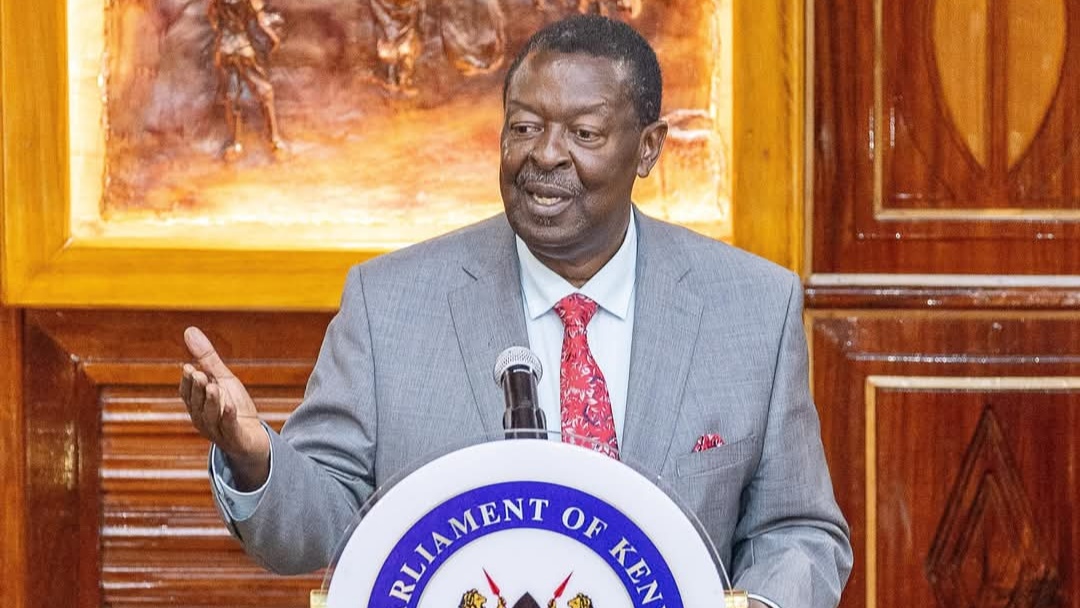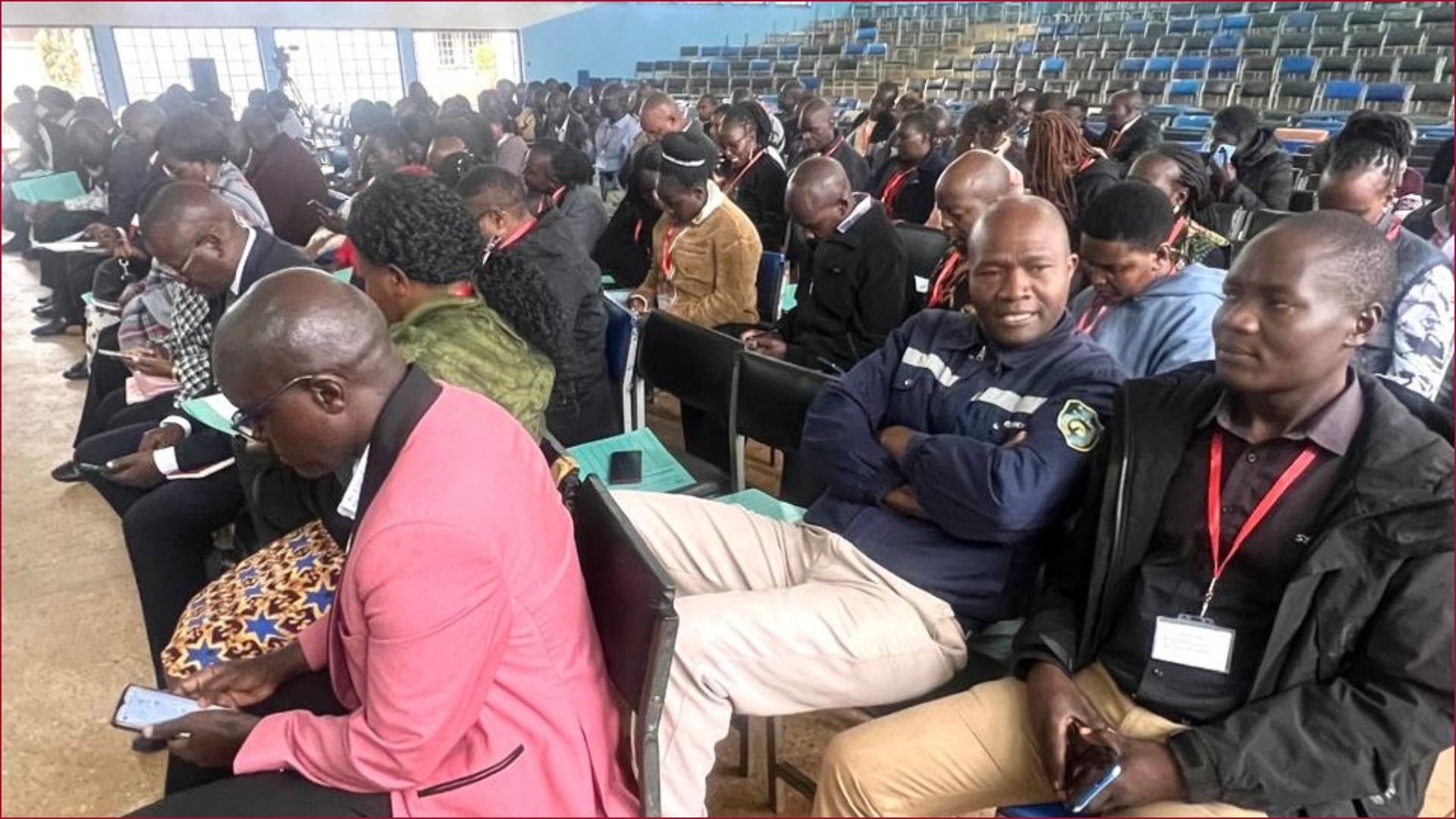Prime Cabinet Secretary and Foreign Affairs Cabinet Secretary Musalia Mudavadi has disclosed that nearly 5,000 Kenyan refugees currently in Ethiopia have expressed their willingness to return home.
Mudavadi made the revelation while appearing before the Senate on Wednesday, April 2, noting that the repatriation process should start soon.
"Currently, four thousand nine hundred and ninety-three (4,993) individuals have expressed interest to return back to Kenya and the process of repatriation should begin," he said.
Mudavadi outlined that for the repatriation to proceed smoothly, a structured engagement between the governments of Kenya and Ethiopia is necessary.
"For repatriation to take place, the refugees must desire to return and, the Kenya and Ethiopia Governments should engage in consultations facilitated by UNHCR Regional Bureau, and local UNHCR offices," he added.
Read More
Mudavadi further explained the different options available for the repatriation process including facilitated return by the UNHCR.
"This requires a formal engagement between the Governments of Kenya and Ethiopia and is formalised through a Tripartite agreement that will include the UNHCR.
"It will require a rigorous process that entail internal survey, go and see visits, identification of settlement areas, signing of voluntary repatriation forms and other bureaucratic processes. This option may not be immediate as it requires time in order to fulfil all the requirements," he explained.

Mudavadi noted that another option for refugees to come back home is by themselves in what he described as self-organised, spontaneous or self-return.
"The role of the UNHCR in this option will be limited to provision of information and funding to facilitate the return of the refugees. This option requires the Government of Kenya to facilitate receiving and resettlement of the repatriated individuals," he said.
Mudavadi noted that due to the close proximity of the refugees to the Kenya-Ethiopia border, the UNHCR prefers the self-organised return.
"Due to proximity of the refugees to the Ethiopia-Kenya border, their families in Kenya, including the possibility that they cross over to Kenya to visit their families, UNHCR prefers the Self Organised return," he stated.
For those who are not willing to return to their homes, Mudavadi explain that it is primarily due to fear of ethnic conflict.
"Notably, majority of the refugees are not willing to return to their area of origin due to fear of ethnic conflict. They also prefer to move to areas that are inhabited largely by the Borana community. The Kenyans refugees in Ethiopia still retained their identity cards and are now willing to return home (Kenya) voluntarily," he said.

-1771737995.png)




